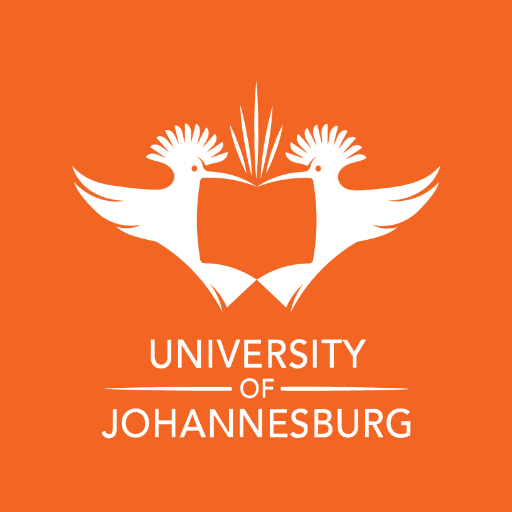Postgraduate Programmes
MASTER OF HEALTH SCIENCES IN COMPLEMENTARY MEDICINE (M9CM1Q)
Programme Duration
- Full-time: 2 Years
- NQF Level 9, 180 Credits
- Course work 70% and minor dissertation 30%
Purpose
The purpose of this qualification is to develop a graduate competent in the knowledge, attitudes, insight and skills required for diagnosing and treating patients in the field of CM as well as formulating comprehensive management plans for health promotion.
The qualifying graduate will be able to competently apply and integrate theoretical principles, evidence-based techniques, practical exposure and appropriate skills as a healthcare practitioner. The programme of study will produce a well-rounded graduate who will be competent to compound, dispense and prescribe CMs within that scope of practice. The graduate will be a team player capable of working in multidisciplinary teams to promote the profession.
Outcomes
On completion of this programme the graduate will be competent to practice as a CM healthcare practitioner, as either a homeopath or phytotherapist, within the community. The graduate will be eligible to register with the Allied Health Professions Council of South Africa as a practitioner within the respective CM field. The graduate will be able to conduct research in order to develop and contribute towards research output in a CM related field in order to advance professional development in the provision of health care and education to individuals and communities.
Rules of Access and Admission Requirements
The minimum admission requirement is the Bachelor of Health Sciences in Complementary Medicine (BHS CM). Applications from persons with an equivalent qualification will be considered by a constituted status committee in line with the University’s & Faculty’s regulations.
Pass Requirements
1. The pass mark for all clinical/practical modules is 60%.
2. Students retain credit for all modules passed.
3. Students must pass all components of the module(s) to obtain credit for the module(s).
4. 100% attendance of and participation in the practical and/or clinical components are compulsory. If students fail to comply with this requirement, they may fail the module and be required to repeat the full module.
5. Students will be required to complete a stipulated clinical component (in line with any relevant Professional Board requirements) prior to conferment of degree.
6. If students fail any module(s), they must repeat all the practical/clinical modules (excluding the entrance OSCE). The practical and theoretical components are assessed in an integrated manner and students will therefore be required to repeat and pass the module(s) in entirety, as indicated in the relevant learning guide.
7. All students are required to complete a research project for conferment of the qualification which will be weighted as 30% of the master’s year.
Student Registration with Professional Council
1. Students must register with the Allied Health Professions Council of South Africa (AHPCSA) at the beginning of the year, at which time a fee is payable to the AHPCSA. It is the students’ responsibility to ensure they are registered.
2. After graduation, students must apply to the Council for registration within the respective field of CM.
3. Registration as a practitioner may only be granted by the AHPCSA after completion of a prescribed internship as determined by the AHPCSA.
Curriculum
A research project and a minor dissertation. The research component is 30%.
DOCTOR OF HEALTH SCIENCES IN COMPLEMENTARY MEDICINE (P9CM1Q)
Programme Duration
- Full-time: Minimum 2 years and Maximum 4 years
- Part-time: Minimum 2 years and Maximum 5 years
- NQF Level 10, 360 Credits
- Research thesis 100%
Purpose
The purpose of this programme is to provide the qualifying student with advanced analytical problem-solving and reflective competencies in the field of complementary medicine (CM), and to enable them to act as a leader within the CM research field. This will be achieved by making an original contribution to the knowledge content of CM through independent research.
Outcomes
On completion of this qualification, the graduate will be competent to conduct, present/publish and supervise accredited research within the field of CM, in order to advance professional development and provide health education to individuals and communities.
Rules of Access and Admission Requirements
The admission requirement for the DHSc CM programme is a Masters of Health Sciences in Complementary Medicine (MHSc CM) (Homeopathy or Phytotherapy) or Master of Technology (M. Tech): Homoeopathy, or an equivalent qualification in a relevant field at an NQF level 9, generating a minimum of 180 credits for example: phytochemistry, pharmacology or related analytical fields. Applications from persons with an equivalent qualification will be considered by a constituted status committee in line with the University’s & Faculty’s regulations.
Selection Criteria
Selection is based on approval of the student’s research proposal by the Faculty’s Research and Ethics Committees.
Pass Requirements
Refer to the Academic Regulations of the University of Johannesburg.
Curriculum
A research thesis. The research component is 100%.
